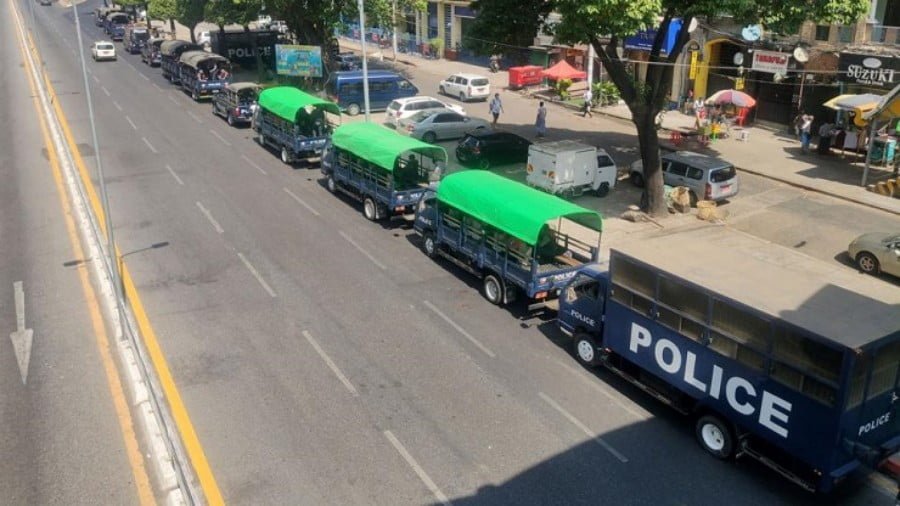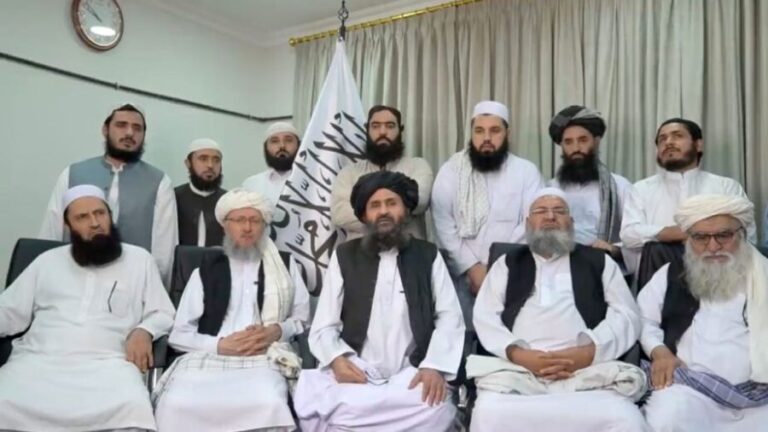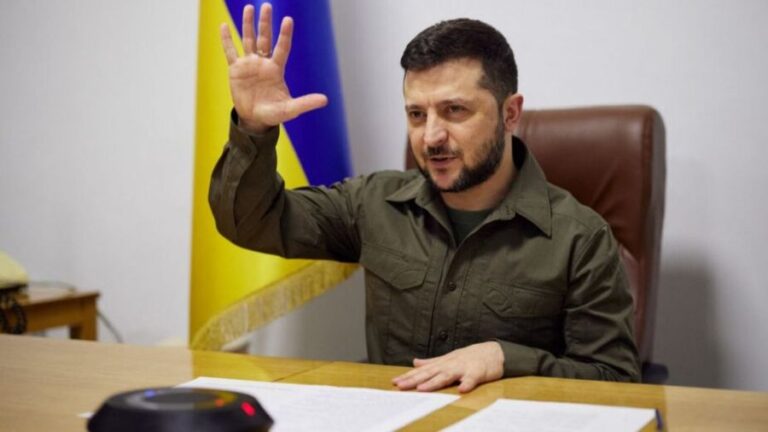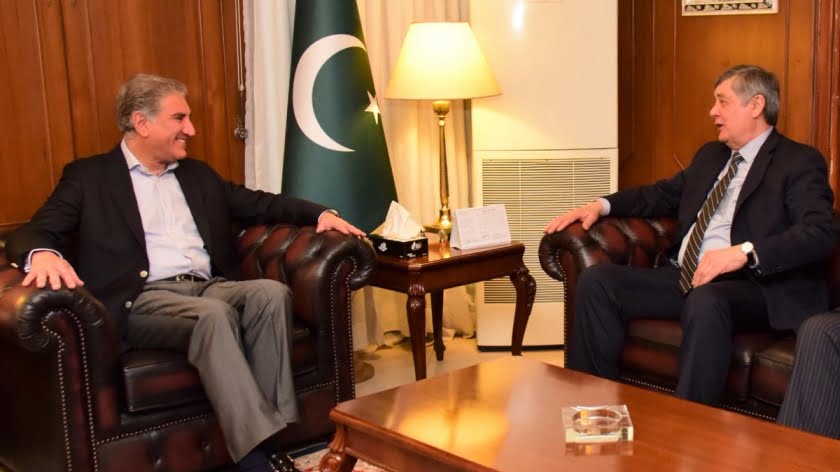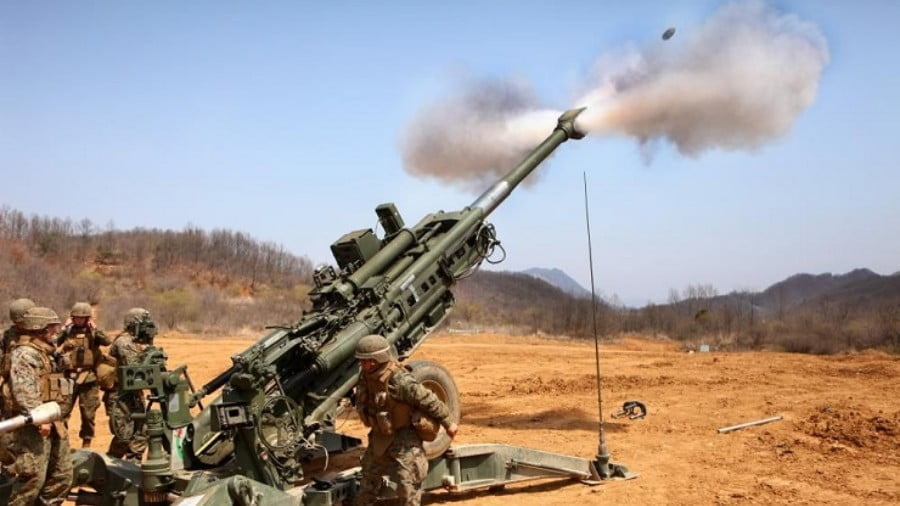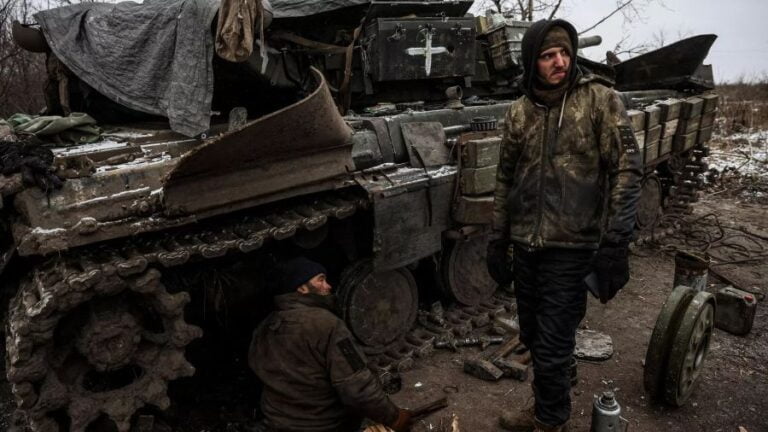On the Events in Myanmar
A state “somewhere in Asia” with the modern name “Myanmar” is rarely the subject of worldwide media attention. And if it has become the focus of attention for some time (in connection with certain events that took place in this country on February 1 this year), then a very general explanation is required regarding the object of the sudden global uproar.
So, located in the west of the Indochinese Peninsula, Myanmar (until 1988, the “Socialist Republic of Burma Union”) occupies a territory with a population roughly equal to the Ukraine and Belarus put together. Extremely rich in natural resources, Myanmar is one of the poorest countries in the world – each of its inhabitants enjoys an income two to three times lower than the average Ukrainian. This is in no small part because of the highly complicated ethno-religious structure of this country. There are about 100 ethnicities living on its territory, often in a state, to put it mildly, not entirely friendly to each other.
This mainly explains the fact that for most of the period of independence (since 1948) Myanmar-Burma has been led by the military. This, in the author’s perspective, made it possible to overcome various internal political crises (which threatened Myanmar’s integrity more than once) as well as to conduct positive socio-economic reforms.
The author would like to note the distinctive and peculiar nature of this situation for countries that emerged relatively recently and largely by the will of “white man,” who bore on their territories his heavy “burden,” taking very superficially into account the historical characteristics of the population that lived on them. In Asia, the situation in Pakistan is similar to that in Myanmar, where the presence of the real power brokers, i.e., the military, can be clearly seen behind the backs of the civilian leadership. And for Pakistani realities, this is undoubtedly a positive thing. Four years ago, incidentally, the Pakistani military sent a signal to India to finally resolve the long-standing bilateral tensions. A similar signal was sent this year.
However, for the global self righteousness, which is firmly associated with the political “West,” a state structure in a format other than the (very conventional) “democratic” is a pretext for the total denigration of the country in question. This has been the case with Myanmar for virtually the entire period of its independence.
Among the various tools used, a certain “local icon” who “fights for democratic values” is emphasized. It is opposed to state power and serves as a battering ram to discredit it. At the forefront of this struggle are the peddlers of political air in the person of the international “human rights movement”. By the way, now they are trying to extend this well-tested technique to Russia.
In Myanmar, however, Aung San Suu Kyi was chosen as such in the late 1980s. The choice is no coincidence if only because she is the daughter of one of Myanmar’s national heroes, General Aung San, a man of highly controversial political fate who died in a terrorist attack in 1947 at the age of 32. In the early 1970s she married a certain British Tibetologist (probably one of the “quiet men” of the United Kingdom secret services).
In 1991, Ms. Suu Kyi, then under house arrest, was awarded the Nobel Peace Prize, which had already completely discredited itself. Aung San Suu Kyi’s name has been raised by leading “human rights” organizations, most of which are far from being honest or unbiased.
In this case, however, they were all bitterly disappointed. After serving as Minister of Foreign Affairs and then as de facto Prime Minister in the reorganization of the government system, Ms. Suu Kyi sided with the military in key domestic policy issues. The military continued (as it did in Pakistan) to act as a guarantor of state stability.
The “human rights activists” were in a panic after she refused to play along with them on the issue of one of Myanmar’s minorities, the Rakhine Muslims, whose tragic fate is the result of a number of circumstances, including a historical one.
Today the world press is discussing the possible reasons for the military going “from behind the backs” of the civilian leadership on February 1 this year. The most frequently cited reason is the result of the second general election in Myanmar’s history, held last November. With 83% of the vote, the National League for Democracy, led by Aung San Suu Kyi, further strengthened its position from the previous election in 2015.
In doing so, Ms. Suu Kyi and the NLD acquired a formidable weapon in the form of a constitutional majority in parliament. Consequently, those (prescribed in the Basic Law) institutional privileges that provided the legal basis for the military to maintain de facto control over the situation in the country were potentially threatened.
There is no evidence that Suu Kyi was going to take advantage of this opportunity by breaking the tacit agreement with the Army leadership during her coming out of house arrest into the public policy space. But, according to supporters of this hypothesis, it was the fear of such a possibility that led to the removal of Aung San Suu Kyi as well as President Wyn Myin from their positions and placing them under house arrest.
So far, we have not seen the presence of any “external” factors in the coup, although there is much speculation on the subject. Hints of an indirect role for China, which has an undeniably superior (compared to other global players) position in Myanmar, are exactly the opposite. On the one hand it is said that Beijing allegedly favored Ms. Suu Kyi in her “connection” with the military, which prompted the latter to “preventive” measures.
According to other speculations, it was the former that allegedly put all sorts of “stumbling blocks” in the process of implementing the China-Myanmar Economic Corridor, which is strategically very important for China, as one of the main elements of the key Chinese Belt and Road Initiative project. The end point of the CMEC corridor should be the port of Kyakpyu in the Bay of Bengal, which will provide China with access to the Indian Ocean by land (that is, bypassing the vulnerable Strait of Malacca).
Again, all this reasoning largely comes from nothing but thin air.
It should be noted that the military themselves refuse to call what happened on February 1 a “coup”. The only thing they did mention is that a “transitional regime” will be established for a year, during which the results of the last elections will be checked for falsifications. If any are found, new elections are promised. As noted above, Ms. Suu Kyi herself was once again put under house arrest because, among other things, her guards had found “inappropriate” radio equipment.
To all appearances, the situation in the country is generally calm. A video of a girl practicing aerobics on the central avenue of the capital city of Naypyidaw is circulating in the networks. Behind the athlete there are armored personnel carriers blocking the street. Within 24 hours the video had 70 million views. However, there are also photos of small groups of citizens holding signs protesting what happened.
However, in all this half-hearted action one can also see elements of sadness, if not tragedy. This is about the fate of the Rohingya people, two-thirds of whom have been refugees in neighboring (no less poor) Bangladesh since August 2017. Now they are wary of returning home, although this was previously agreed upon between Dhaka and Naypyidaw. So far, there are reports of increased patrols by Bangladesh of the shared border with Myanmar.
The situation in Myanmar was taken up by the G7, which put forward some claims against Beijing, and also initiated “consultation” hearings in closed session at the UN Security Council, which took place the day after the events were discussed.
And, of course, the prospect looms of a second round of attempts to “apply” Aung San Suu Kyi’s name to “human rights activists”. Something tells the author that it will end up for them with the same embarrassment as the previous one.
The nature of further developments in Myanmar will be significantly affected by the state of relations between China and India. Both Asian giants (especially the latter) are watching these events very closely.

